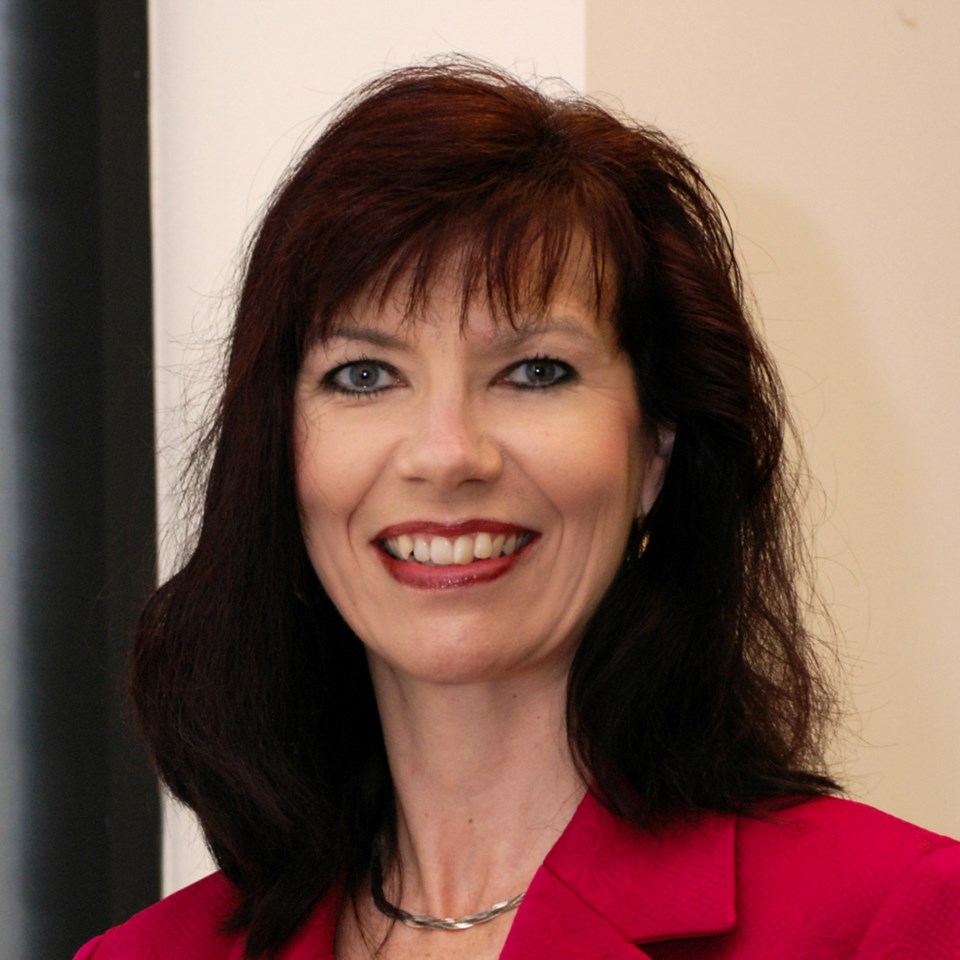Since stepping down as the president and CEO of the Burnaby Board of Trade three years ago, has kept busy with projects and other groups across the Lower Mainland. NOW reporter Jacob Zinn caught up with the Burnaby business powerhouse to learn about her latest business group, BISImpact, and to find out what else she’s been up to.
Jacob Zinn: Firstly, what prompted you to start BISImpact?
Darlene Gering: After conducting extensive research in the social innovation field to find an organization that directly engages businesses in solving social issues, I discovered a gap in the marketplace and decided to create the organization with two other partners.
JZ: What are some of the goals of BISImpact?
DG: Business Igniting Social Impact (BISImpact) provides opportunities for businesses to directly engage in creating solutions for the social issues affecting the communities in which they operate. We are developing a replicable model for systemic change that taps businesses’ strategic intelligence and core competencies to address the root causes of social issues.
JZ: You’re also a member of the B.C. Partners for Social Impact, which promotes social innovation to solve societal issues. What drew you to get involved in social innovation?
DG: After creating the triple bottom line vision for the Burnaby Board of Trade, along with the Board of Directors during my tenure as CEO, we engaged business in addressing social issues in the areas of immigrant integration, homelessness and early childhood development. After running successful projects in conjunction with business, Al Etmanski, the “father” of social innovation in B.C., met with me and said “These projects are social innovation.” I discovered a passion for engaging business in social innovation.
JZ: What are some of the initiatives of the B.C. Partners for Social Impact?
DG: B.C. Partners for Social Impact are getting ready to host the world during Social Innovation Week in B.C. May 26 to 30 in Vancouver B.C. It’s a connected set of gatherings that aim to connect local and global social innovators and engage citizens of all stripes to discuss strategies for tackling some of the thorniest challenges of our times. Social Innovation Week is hosted in collaboration with over 20 organizations from across sectors and continents. It is also part of a larger national movement, Social Innovation Canada 2014, with parallel events taking place in Toronto, Ottawa and Montreal.
JZ: What do you think are the biggest social issues that communities face today?
DG: Over the past 25 years, one of the drivers for the growth in social issues has been growing income inequality. Canada now ranks in the bottom third of OECD countries with the largest income gap. This growing inequality fuels the rising cost of social issues, crime and health care.
JZ: What’s one thing local businesses can do to become more engaged in social issues?
DG: I recommend to businesses they should have an employee engagement process to select a societal issue to target and create a process to address the root causes of the issue and find solutions for solving it.
JZ: You’ve also done some work on other projects in recent years. Can you tell us about them?
DG: I’ve done some projects with Vancity and the City of Burnaby on innovative affordable housing models. The Vancity study was on workforce housing, which is housing for first-time buyers who cannot afford the current market prices. The City of Burnaby study was on equity co-op housing.
JZ: What do you want to accomplish in 2014?
DG: I would like to create the awareness and need for business to take a direct role in solving our societal issues for the sake of our future generations of children. Government and the not-for-profit sector are recognizing the need to engage the power of business in addressing our growing societal issues.



